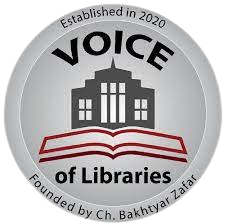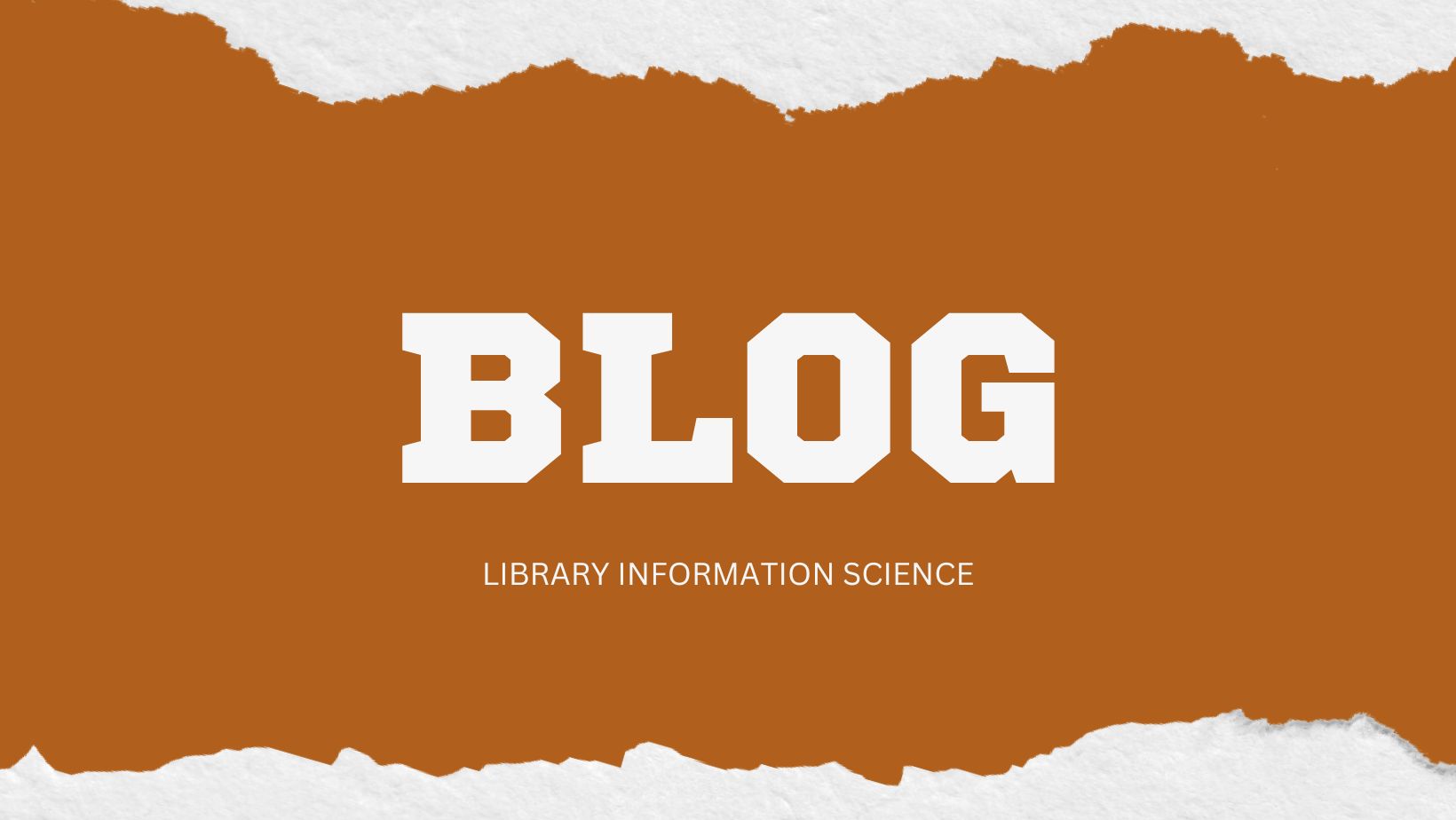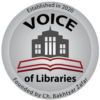

Library Information Science LIS
Blog

ایل سی کی سے کیا مراد ہے ؟ پاکستانی کتب خانوں کی ترقی میں اس کا کیا کردار ہے
ایل سی کی سے کیا مراد ہے ؟ تعارف کولمبو پلان : ایل سی کی سے کیا مراد ہے ، پاکستان میں ایل سی کی کی کیا اہمیت ہے ، ایل سی کی کی رپورٹ کس نے اور کب پیش کی ، کولمبو پلان کیا ہے ، ایل سی کی...
کتاب اور کتب خانے (آغوش کالج لائبریری مری) از محمد یونس انصاری
محمد یونس انصاری [email protected] کتاب اور کتب خانے تعارف۔لائبریری آغوش کالج مری کتاب کی اہمیت ہماری زندگی میں بہت زیادہ ہے ۔ یہ کتاب ہی تو ہے جو ہمیں برے بھلے میں تفریق کرنا سکھاتی ہےاسی نے ہمیں شعور بخشا ،علوم سے آگہی اور غورو فکر کی ترغیب دی ۔...
L. C Key Report about Libraries (Colombo Plan for Pakistan)
THE COLOMBO PLAN The history of the Colombo Plan for Cooperative Economic and Social Development in Asia and the Pacific, is one of the oldest regional inter-governmental organizations dates far back as 1950, when the idea was first conceived to enhance economic and social development of the countries of the...
کتاب کےمختلف صفحات کونسے ہیں What Are the Different Pages of a Book?
کتاب کےمختلف صفحات کونسے ہیں What Are the Different Pages of a Book? Books Front and Back Matter جب لوگ کتاب کے ڈیزائن کے بارے میں سوچتے ہیں، تو پہلی چیز جس پر و ہ غور کریں گے وہ کتاب کا سرورق ہے۔آپ کی کتاب کے فرنٹ اور بیک معاملے...
ChatGTP: What is it and how can Library and Information Science Professionals use it Effectively for their Personal, Academic and Professionals Benefits? (Faizan Irfan)
Introduction ChatGPT is a large language model created by OpenAI, based on the GPT (Generative Pre-trained Transformer) architecture. It is designed to generate human-like responses to natural language prompts, allowing users to have conversations with it as if they were talking to a real person. ChatGPT was trained on a...
Social Role of Library لائبریری کا سماجی کردار
Libraries have an important social role in society. They provide access to information and knowledge resources, promote lifelong learning, and contribute to the intellectual and cultural development of individuals and communities. One of the key social roles of libraries is to promote literacy and education. Libraries provide access to books,...
Five Principal of Library Science لائبریری سائنس کے پانچ اصول
The Five Laws of Library Science were proposed by Dr. S. R. Ranganathan, a renowned Indian librarian and educator, in 1931. These laws are considered to be the foundation of modern library science and continue to influence the development and practice of librarianship around the world. The Five Laws of...
Relation of library sicence with other world knowledge? لائبریری سائنس کا دوسرے علوم سے تعلق
Library science is a field that is closely related to other areas of knowledge and disciplines, as it involves the management and organization of information resources across various subject areas. Some of the disciplines that are closely related to library science include: Information science: Information science is the study of...
Library is a Science or an Art ? لائبریری سائنس علم ہے یا فن
Library science can be considered both a science and an art. On one hand, library science involves the application of scientific methods and techniques to the management and organization of information resources. This includes the development and use of information technologies, the analysis of information needs and behaviors, and the...

